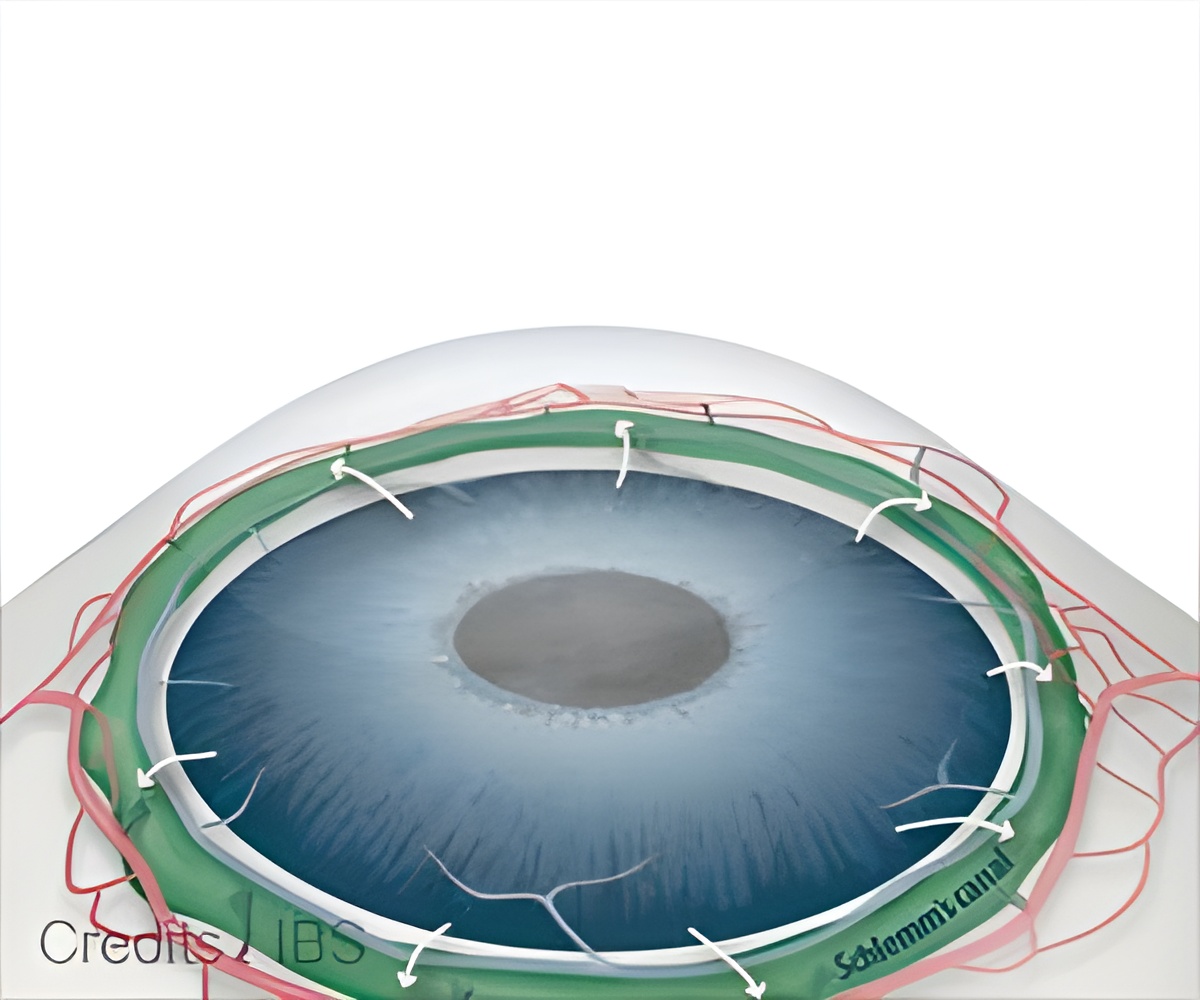Glaucoma affects vision and mental health, increasing anxiety and depression, which can worsen the disease. Open communication and mental health support are crucial for managing symptoms.

Glaucoma's Impact on Mental Health
Go to source).
How Vision Loss Affects Mental Health
The fear of losing vision due to glaucoma can lead to stress and sadness. Research shows that up to one-third of people with visual impairments have mild depression. About 10.7% to 45% of glaucoma patients experience moderate to severe depressive symptoms.‘Did you know?
Glaucoma is the second leading cause of #blindness worldwide. #eyedisease #depression #medindia ’





Many glaucoma patients have more anxiety than depression due to the fear of losing vision or complete blindness. Some patients say that they fear more for losing vision than being diagnosed with cancer or paralysis. Glaucoma is the second leading cause of #blindness worldwide. #eyedisease #depression #medindia ’
According to Dr Leon Herndon, Jr, MD, division chief of glaucoma and professor of ophthalmology at Duke University in Durham, North Carolina, and past president of the American Glaucoma Society, open discussions between doctors and patients can help them overcome their fear of losing vision due to glaucoma.
Can Anxiety and Depression Make Glaucoma Worse?
A Korean study researched 251 glaucoma patients for two years and found that people with higher anxiety levels had faster vision loss, higher eye pressure, and more frequent optic nerve damage. The study highlights that glaucoma not only leads to stress and mental health issues but also makes the condition worse.A German study examined the impact of glaucoma on sleep, anxiety, and depression. Patients with severe vision loss were compared to those with mild or no visual field defects (VFD) and found:
- 18.3% of glaucoma patients with severe vision loss had depression and only 2.7% of glaucoma patients with no VFD.
- 28.5% had high levels of anxiety, compared to 10.8%.
- 75.5% of those with severe glaucoma had sleep disturbances, compared to 46% of those without VFD.
According to Dr Herndon, clear communication with patients can reduce their anxiety. They should be transparent of the stage of their disease on scale of 1 to 10. Reassure them that glaucoma progression caan be controlled with proper treatment and encourage them to take vision therapy and seek mental health support for those struggling emotionally. Treating eye and mental health can potentially improve the quality of life and slow disease progression.
Advertisement
- Glaucoma’s Impact on Mental Health - (https://www.brightfocus.org/resource/glaucomas-impact-on-mental-health/)
Source-Medindia















